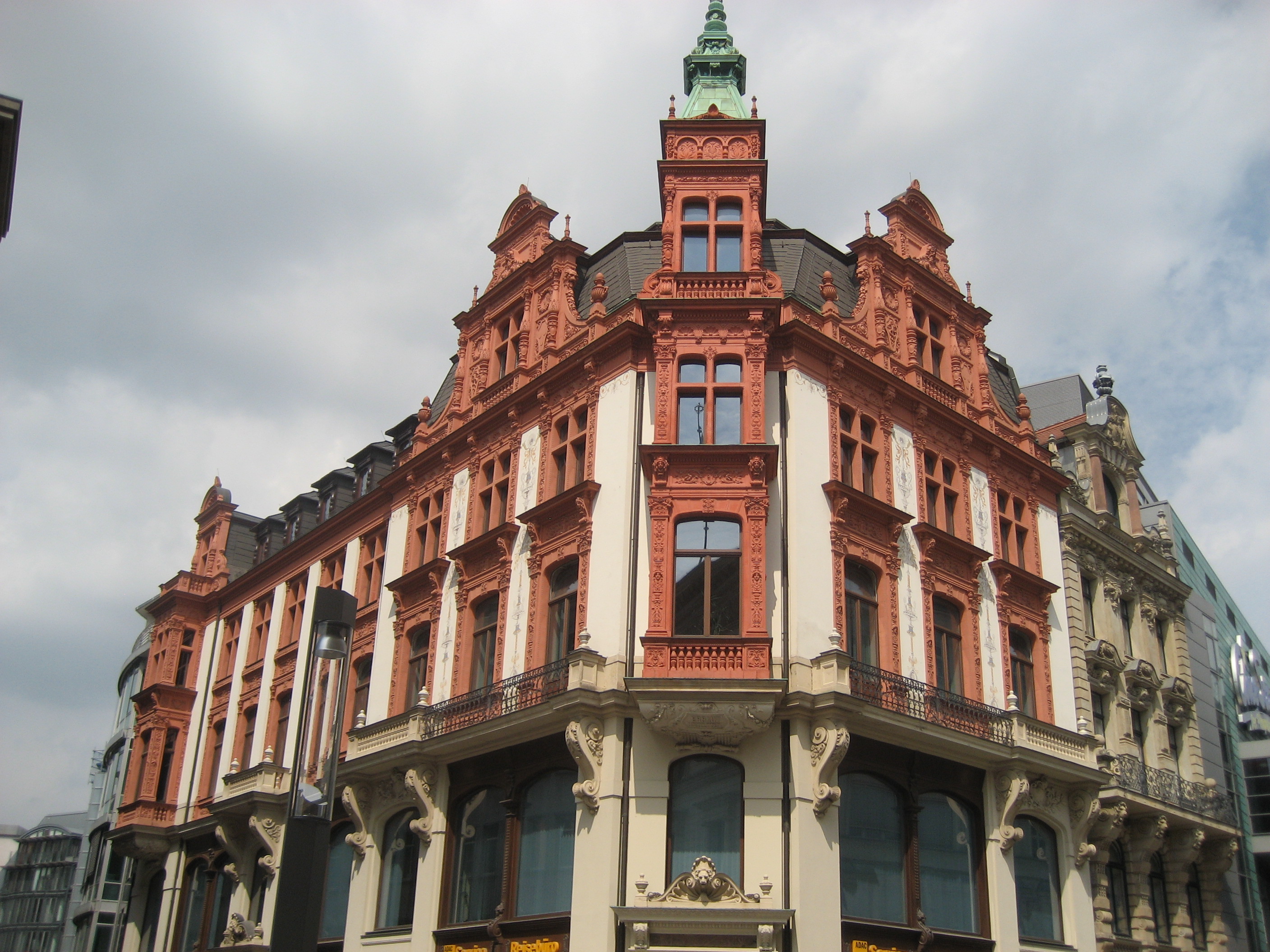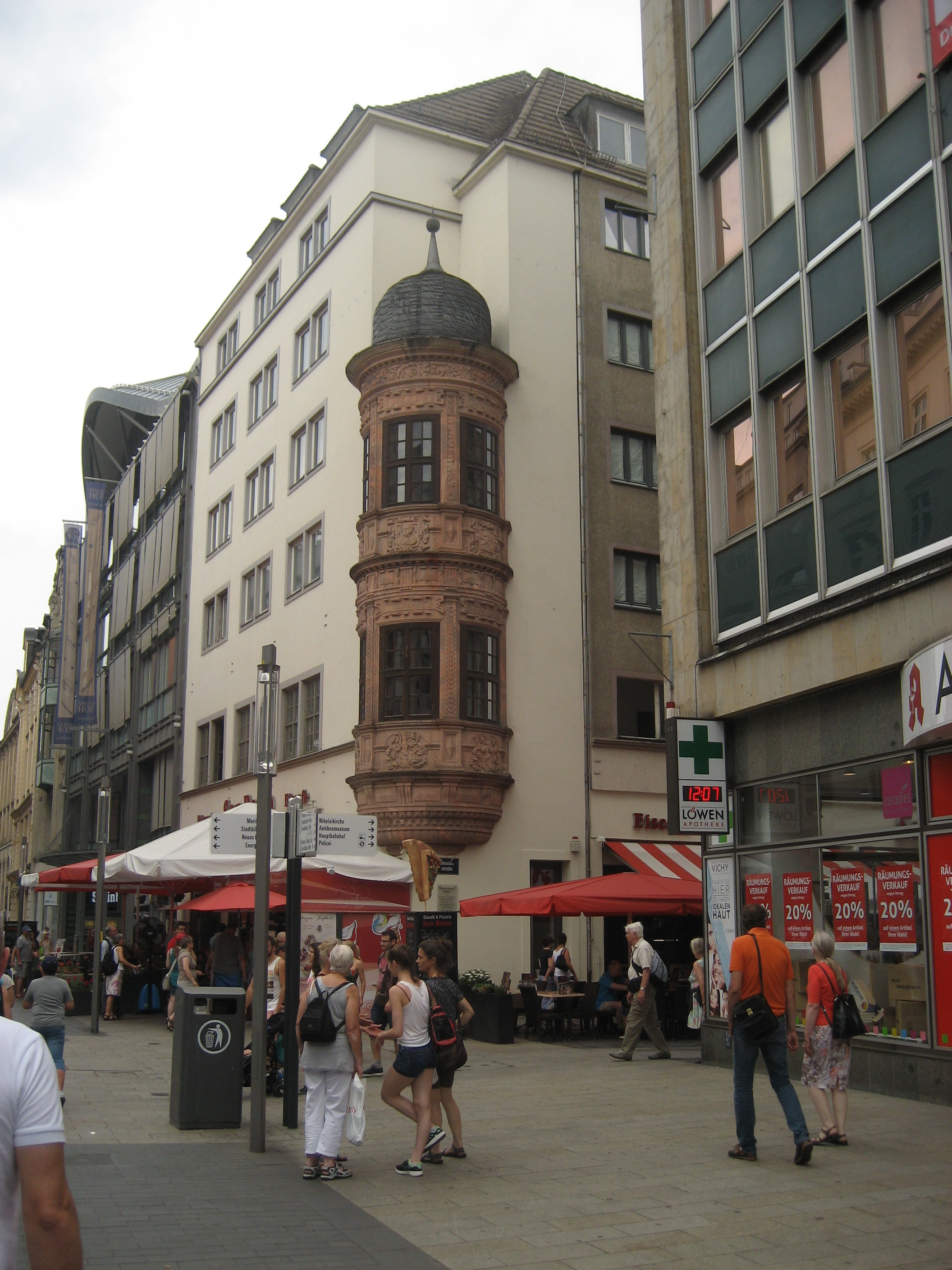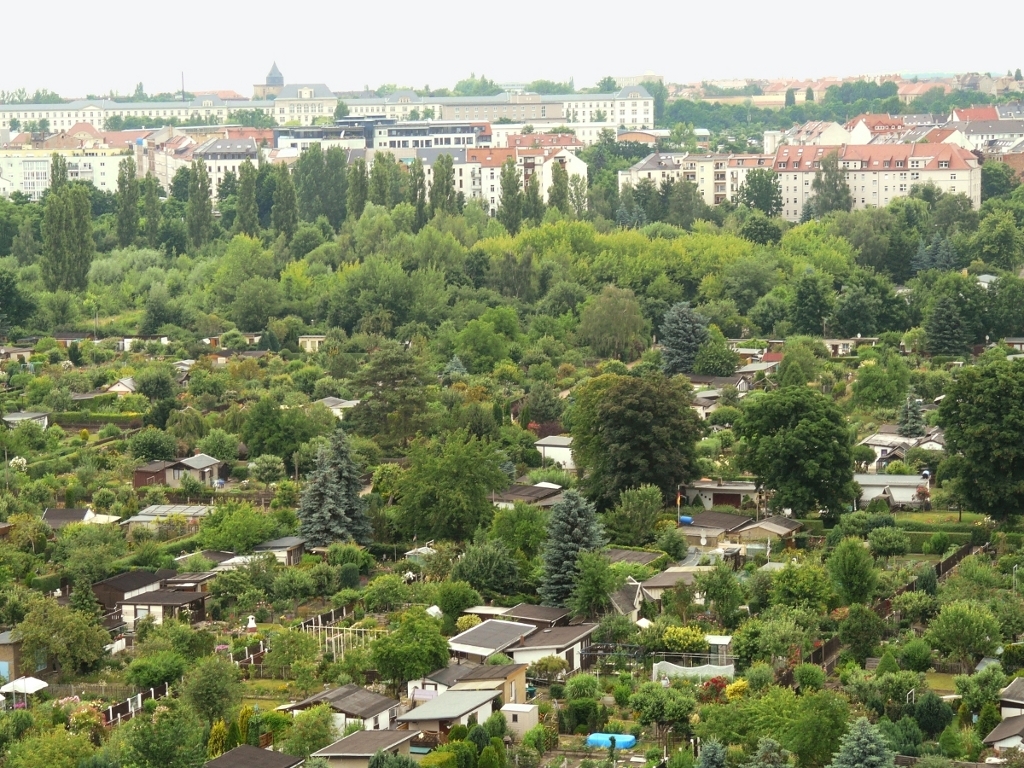Permaculture in Leipzig 2
Leipzig, Germany, is the site of many more than just one thriving permaculturist. (see Part 1 http://www.gardenopoliscleveland.org/2015/08/permaculture-in-leipzig-1/). In fact, the city is abuzz with cutting edge permaculture and sustainability projects that should make Cleveland’s green advocates, well, green with envy. Some context:
The city (population 556,000, or a little bigger than Cleveland) has a number of things going for it. First of all, it experienced relatively modest destruction from World War II bombing and then in the early 1990s, when many old buildings were close to collapse, German reunification funded major restoration. So the city has preserved much of its past.
Second, it has a tradition of resisting authority—- from Johann Sebastian Bach, who (unlike his contemporary, Georg Friedrich Handel) battled secular rulers and addressed his music to commoners, to the Monday night marchers in 1989 who led the peaceful revolution against communist rule.
Third, it has enjoyed an explosion of young people, who, when they aren’t riding bikes, are generally creating a vibrant local scene. Here’s a song from the Sachsenbrϋcke, a bridge that has become a young people’s hangout: https://www.youtube.com/watch?v=lpKoNFx8yy0&feature=youtu.be.
Finally—and this is a blog about gardens!—Leipzig is the origin point in 1864 of Schrebergärten—the hugely successful community garden movement in Germany. Leipzig still devotes enormous space to such gardens:
Taken together, it’s no surprise that Leipzig has become a post-fossil-fuel Transition Town (http://www.transitionus.org/) and made substantial progress toward sustainability across the board.
The Leipzig Transition Town organization has even put together a map describing (in German and English) 58 separate sustainable efforts. Here, picked at random, are four:
• KunZstoffe. Recycling and upcycling centre. A stock of materials based on leftovers, waste and discarded products is provided for creating new added value.
• Lost Food is a self-governed cooperative to distribute organic, healthy and local food for an affordable and fair price.
• Dölitzer Wassermühle is a project rebuilding a historic watermill for electricity production. Also environmental education is provided for kindergarten children.
• Lastenrad Leipzig und Radküche: Selling, refurbishing and renting of used Dutch cargo bikes and a vegan, fossil-energy-free kitchen on a cargo bike. (Cargo bikes are bikes specifically designed to carry large loads.)
Here’s the full map list: http://www.nachhaltiges-leipzig.de/wp-content/themes/increase-child/image/Degrowth-Stadtplan-LiW.pdf
See any ideas for Cleveland?


